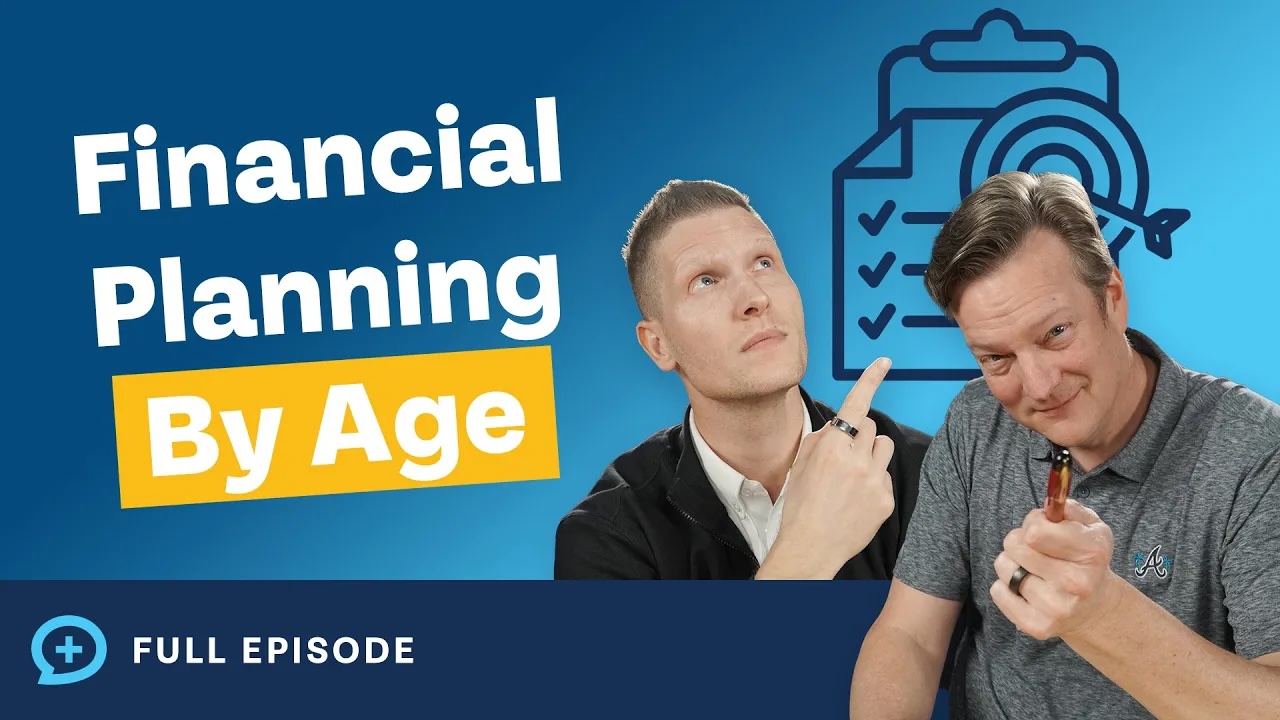
Some financial mistakes are more harmful than others. It’s extremely important to get the big stuff right. Not only do you build a solid foundation, you also create a margin for error so that smaller “mistakes” don’t hurt as much. For example, if you get the big things right, like steering clear of high-interest debt and save 20% to 25% of your income for retirement, you have margin to visit Starbucks as many times as you like, or go out to eat more often than someone who isn’t saving and has high-interest debt. We think there are three major money mistakes you need to avoid at all costs to build a solid financial foundation.
1. Not getting free money.
35% of employees don’t even contribute enough to their employer-sponsored retirement plan to get the full employer match. If you are doing nothing else right in your financial life, make sure to at least take advantage of free money. It’s not just your employer that may offer free money, either; you can almost always find deals when you’re shopping if you know where to look. With online shopping, browser plugins can automatically add promo codes to your order, and there are tools to compare the price history of different items to make sure you’re getting a good deal. Credit card companies often offer free money in the form of cashback rewards, but to take advantage of this free money, you need to make sure to never carry a balance.
2. Carrying too much debt.
Not all debt is created equal; some debt, like credit card debt, should be avoided in any amount. Car debt can be tolerated in reasonable amounts for a short period of time, but can create issues if you take on more than you can handle. Mortgage debt can be tolerated for longer periods of time, but carrying debt into retirement or buying more house than you can afford can still be extremely harmful. We’ve created a few Money Guy Rules for debt to help you steer clear of potential trouble spots.
Credit card debt should be avoided at all costs since interest rates are punitive. If you are already in credit card debt, it is more advantageous, mathematically, to pay down the highest interest rate debt first. However, if you need a psychological boost to get out of debt, you may want to consider paying off the smallest balances first. Auto debt can be very dangerous even though interest rates are typically lower; cars are depreciating assets, so you could end up underwater on your auto loan. To avoid this, follow our 20/3/8 rule: put 20% down, pay your car off in 3 years, and make sure your payment is no more than 8% of your gross income. With mortgage debt, it makes sense to be debt-free by retirement. Total housing expenses should be restricted to 25% of your gross income or less.
3. Speculative investing
Investing trends are hard to keep up with because they come and go so quickly, but they all share a common theme: speculative investing trends promise higher returns than the market. We are naturally prone to believing we can beat the market. 65% of us think we’re smarter than the average person (if you are smarter than the average person, you might realize that’s impossible). Yet the data consistently shows that even professional investment managers fail to beat the market the majority of the time. We always think we’re the exception to the rule; even though passive investments have an extensive history of beating active management, trendy investments that promise astronomical returns always seem to be popular.
Recognize your own overconfidence bias and try to learn more about what you don’t know. When in doubt, defer to credentialed, fiduciary professionals you can trust that have been there before. It might not be a great idea to take investment advice from friends, family, or even some bad financial advisors.
On our latest show, we go more in-depth about the most important financial mistakes to avoid, and how they can hurt your Army of Dollar Bills. Watch our most recent episode, “3 Ways You Are Ruining Your Financial Life!” on YouTube below.













